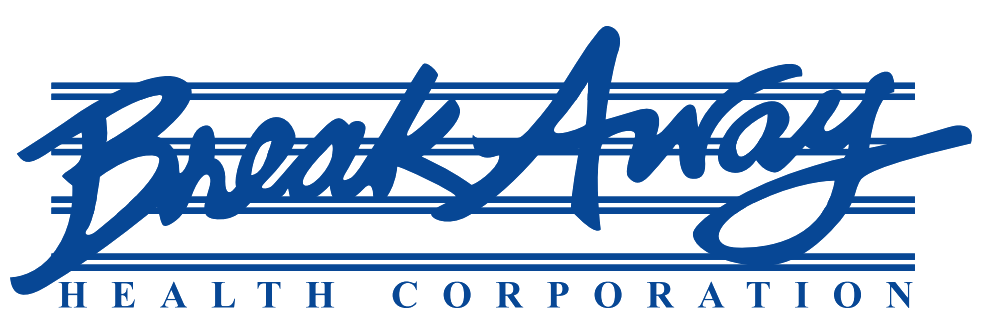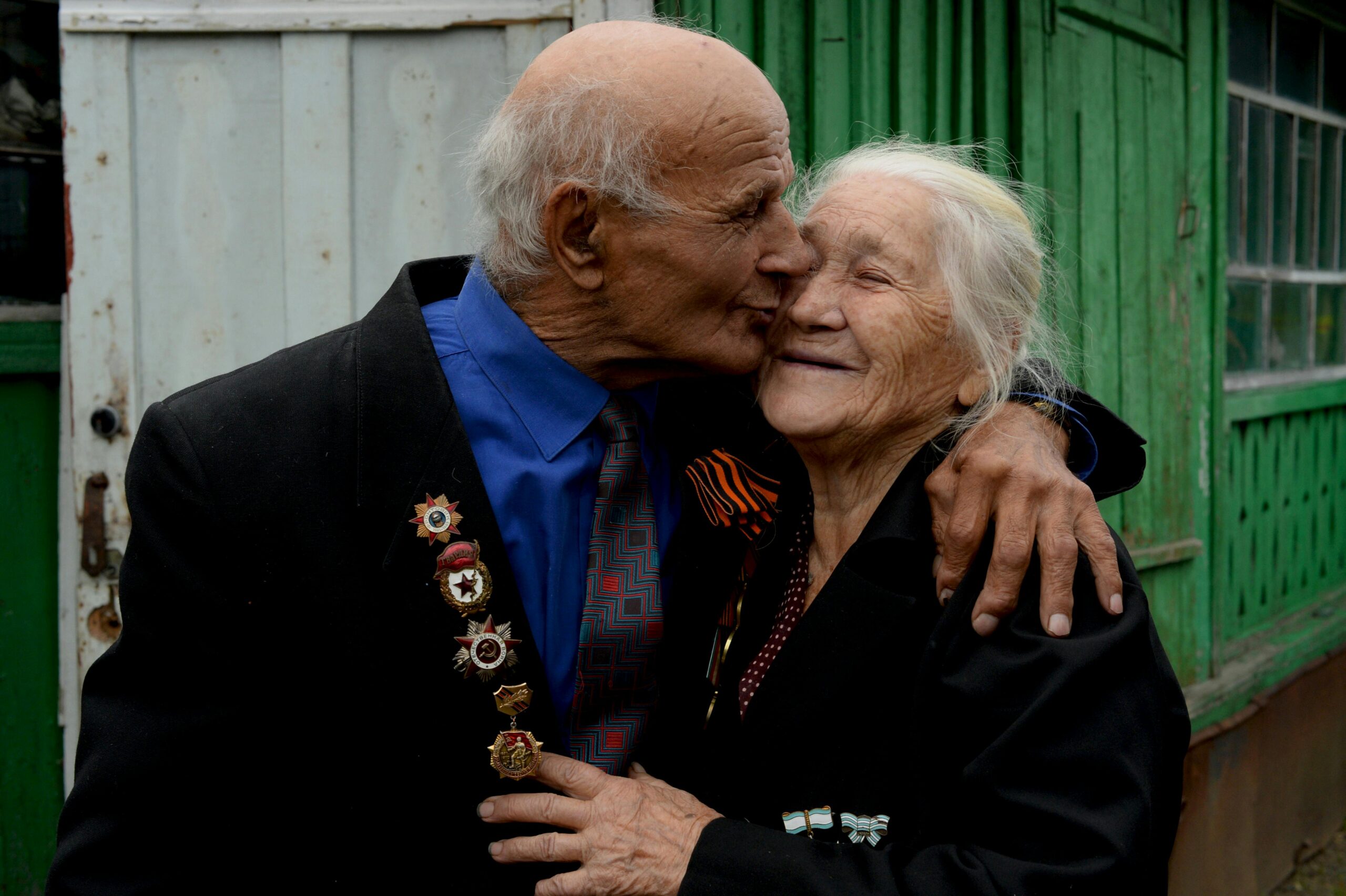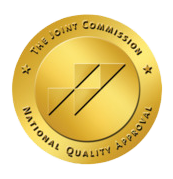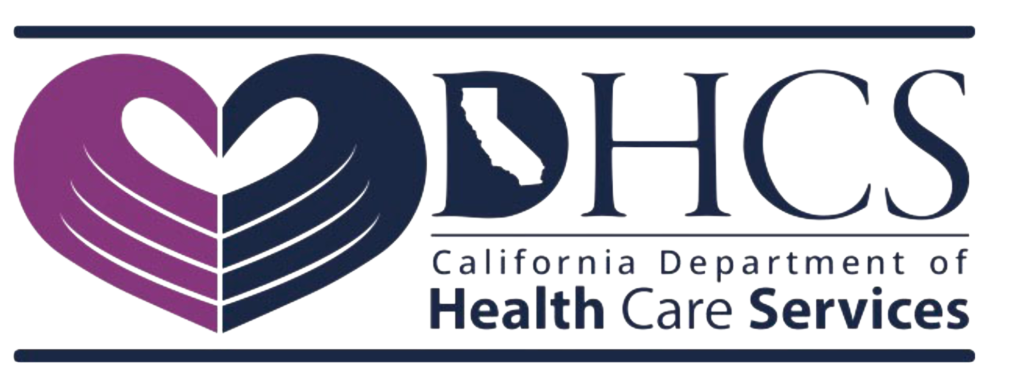Shame Can Hold You Back from Healing
Addiction often leaves behind more than physical effects but can cast a shadow of shame that weighs heavily and makes emotional healing feel almost out of reach. It’s that deep, lingering feeling that something is wrong with who you are. For many in recovery, shame doesn’t go away just because the substance use stops. In fact, it can grow stronger during the early stages of sobriety. Shame is an obstacle most people in recovery have to face in order to grow beyond their addiction. Guilt and shame in recovery often fuel relapse, making it difficult for people to move forward with confidence. Learning to let go of shame, and to recognize it for what it is, can make a major difference in long-term recovery.
Shame in recovery is incredibly common but is something you can work through with the right support, insight, and self-compassion. There are proven strategies for overcoming shame in addiction recovery, and you don’t have to figure it all out on your own. At Breakaway Health in Costa Mesa, CA, we help people face the emotional side of recovery, including the effects of shame and guilt.
The Weight of Shame and Guilt in Addiction
Shame and guilt are both powerful emotions, but they are not the same. Guilt usually refers to regret about something you’ve done such as an action, a mistake, or a behavior. Shame, on the other hand, hits deeper. It’s the belief that your addiction means you’re broken, unworthy, or bad.
Guilt vs. Shame in Recovery
Guilt can sometimes be useful. It may help someone take responsibility or make amends. Shame rarely serves a positive role. It tends to lead to self-hate, secrecy, and withdrawal. That’s why dealing with shame in recovery is such an important part of emotional healing.
Many people in addiction recovery struggle with:
- Feeling embarrassed by past decisions
- Believing they’ve disappointed their families
- Thinking they’re beyond help
- Fearing they’ll always be labeled an addict
This thought process keeps people stuck in their ways and creates fear around opening up, receiving help, or even feeling joy. The first step to overcoming shame is naming it and realizing it’s something that can be changed.
How to Overcome Shame in Addiction Recovery
Shame thrives in silence. One of the most effective ways to weaken it is by speaking openly in safe spaces. Therapy, support groups, and trusted friends all play a role in reducing isolation.
Build Self-Awareness
Learning to recognize shame when it shows up can help reduce its power. A person might feel a sudden drop in confidence or a voice in their head telling them they don’t deserve to heal. Taking note of these moments without judgment is a powerful place to start.
Practice Self-Compassion
People recovering from addiction often treat themselves harshly. Changing this takes effort, but it can make a significant difference in emotional recovery. A helpful strategy is to speak to yourself the way you would speak to a friend—kindly, without judgment, and with encouragement. Try repeating simple, supportive phrases like:
- “I am doing the best I can, and that is enough.”
- “My past does not define who I am today.”
- “I deserve to heal and grow.”
- “I am still worthy even though I have made mistakes”
- “Every step forward, no matter how small, matters.”
Practicing this kind of self-compassion not only helps reduce shame but also builds the emotional strength needed to stay committed to recovery.
Working With a Therapist
Licensed therapists can guide people through the emotional patterns that fuel shame and help them develop healthier ways to process guilt, embarrassment, and negative self-image. Several therapeutic techniques are especially effective in this work:
- Cognitive Behavioral Therapy (CBT): Helps identify harmful thought patterns and replace them with healthier beliefs. It’s particularly useful for challenging the internal narratives that fuel shame.
- Eye Movement Desensitization and Reprocessing (EMDR): Often used for trauma, EMDR allows individuals to revisit painful memories in a safe environment and reprocess them in a way that reduces emotional intensity.
- Compassion-Focused Therapy (CFT): Encourages clients to treat themselves with kindness and learn how to respond to shame with warmth instead of criticism.
- Narrative Therapy: Helps individuals rewrite the stories they tell themselves about their addiction, moving from a narrative of failure to one of strength and growth.
These techniques work best when combined with a strong support system and a safe therapeutic environment. With time and practice, people can begin to release shame and embrace a more compassionate view of themselves.
Staying Connected
Shame leads people to isolate, convincing them that they’re better off alone. But isolation only strengthens those feelings of unworthiness. Recovery thrives on connection because human interaction reinforces to those in recovery that they are in fact not alone. Reaching out to others can be uncomfortable at first, especially when shame makes you feel unworthy of help. Still, showing up is powerful. Try small steps like:
- Attending a group meeting or support circle, even if you are not comfortable speaking right away
- Reaching out to someone who understands your recovery goals
- Joining a structured treatment program with peer support
- Letting your loved ones know how you’re feeling
Even when it feels easier to pull away, allowing others in can be one of the most healing decisions you make in recovery.
The Role of Stigma and Embarrassment
People facing addiction often grapple not only with internal shame, but also with the external stigma imposed by society, which can deepen feelings of guilt and isolation. Society often holds damaging beliefs about those with substance use disorders which in turn can deepen feelings of guilt and cause people to feel isolated and hide their struggles.
Breaking Down the Stigma
One of the best ways to fight stigma is through education and honest conversation. Addiction is a medical condition, not a moral failure. The more people speak out, the less power stigma holds.
Moving Past Embarrassment
Feeling embarrassed about the past is normal, but staying stuck in that feeling keeps people from making and seeing their progress. Every person in recovery has made mistakes but what matters most is the courage to keep moving forward and not letting your past define you.
At Breakaway Health, we work to create an environment where no one has to feel judged. Our team understands the emotional toll addiction takes, and we provide support that’s grounded in empathy, not shame.
Rebuilding a Sense of Worth in Recovery
One of the most difficult tasks in addiction recovery is rebuilding a sense of worth. Shame tells people they’re not enough but recovery teaches them that they are.
Finding Your Value Again
This doesn’t happen overnight. Change takes time, and emotional growth rarely happens all at once. With consistent therapy, meaningful support, and intentional self-care, people slowly start to view themselves differently. They begin to see signs of strength where they once saw weakness. They notice progress in how they cope and connect. Eventually, they recognize their potential and their right to heal and feel whole again.
Celebrate Small Wins
Part of overcoming shame involves shifting focus. Instead of thinking about everything that went wrong, celebrate what’s going right no matter how small. Victories worth recognizing would be attending a therapy session, apologizing to someone you’ve hurt, or simply staying sober for one more day.
Give Yourself Permission to Heal
You do not have to earn healing. You deserve to be well, to feel peace, and to rebuild your life regardless of what is in your past. Giving yourself that permission is one of the boldest steps in recovery.
Let Go of Shame, Embrace Recovery
Overcoming shame in addiction recovery is possible, but it takes time, effort, and support. Shame thrives in silence, but healing grows through connection and self-compassion.
At Breakaway Health in Costa Mesa, we understand how shame can weigh you down. That’s why our addiction and mental health treatment programs include care for the emotional layers of recovery. Call Breakaway Health Today to find your strength, peace, and hope one step at a time.
Frequently Asked Questions (FAQs)
1. How to overcome shame in addiction recovery?
Overcoming shame involves self-compassion, therapy, connection, and speaking openly in supportive spaces. It’s a gradual process that begins by recognizing harmful beliefs.
2. What’s the difference between guilt and shame in recovery?
Guilt is about actions; shame is about self-worth. Guilt may lead to growth, while shame often causes emotional harm. Both are common in addiction recovery.
3. How can therapy help with shame in recovery?
Therapy helps individuals explore where shame comes from, challenge negative thoughts, and build self-worth. Techniques like CBT and EMDR are especially useful.
4. Why do people feel embarrassed during recovery?
People often feel embarrassed about past behavior or stigma related to addiction. These feelings are common but can fade with time, support, and healing.
5. What role does stigma play in shame and addiction?
Stigma adds to shame by making people feel judged or excluded. Reducing stigma through support and education can make recovery more open and accepting.







